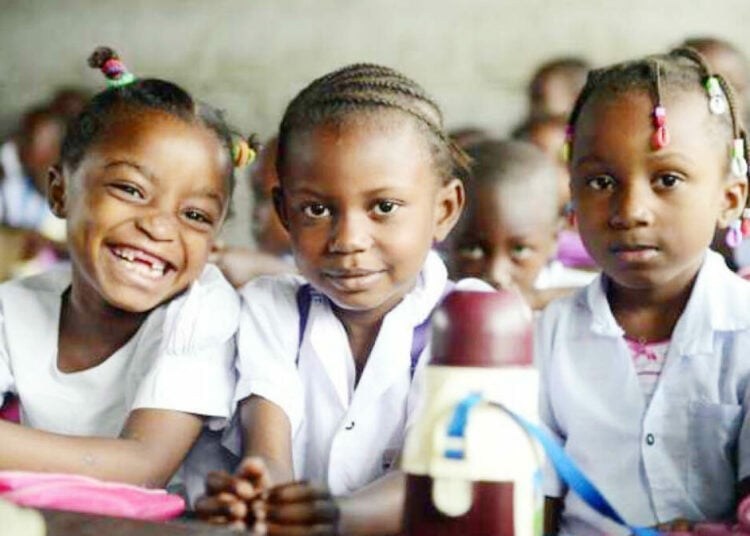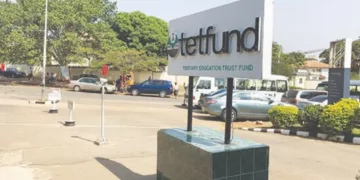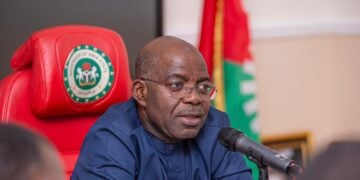The Federal Government has urged states and local communities to take ownership of the girl-child empowerment initiative called LUMINAH.
Minister of State for Education, Prof. Suwaiba Ahmad, stated this in Abuja at a two-day stakeholder engagement with LUMINAH 2030 pilot states.
LUMINAH 2030 was launched by the Federal Government in March 2025 to empower one million underserved girls and women by 2030.
Ahmad raised concern over persistent gaps in inclusion, learning quality, and gender equity in Nigeria’s education system despite recorded progress in some areas.
“Let every state become a LUMINAH exemplary state. Let every community become a place where girls can learn safely and with dignity,” she said.
The minister also disclosed the government’s new coordinated roadmap under the Nigeria Education Sector Renewal Initiative (NESRI).
“Today’s engagement is a moment of reflection, renewal, and recommitment to the future of every Nigerian girl.
“We all saw that emotional video — those girls are our daughters. Girls who wake before dawn to fetch water instead of going to school; girls who walk miles to unsafe classrooms or hawk on the streets when they should be learning.
“Their cries for learning are not just calls for help; they are calls for justice, dignity, and opportunity,” she said.
Also speaking, the Executive Secretary of the Universal Basic Education Commission (UBEC), Hajia Aisha Garba, said LUMINAH 2030 had been fully integrated into the Commission’s operations and those of the State Universal Basic Education Boards (SUBEBs).
Garba assured that the initiative was not just another programme but a national movement to empower over one million underserved Nigerian girls and women with education, vocational skills, and digital literacy by 2030.
“We have institutionalised this programme by establishing a special unit on Alternative Education for Girls. A dedicated budget line has been created within the UBE matching grant for states to implement key interventions, including alternative high schools for girls, scholarships, accelerated basic education, and empowerment of mothers,” she stated.





